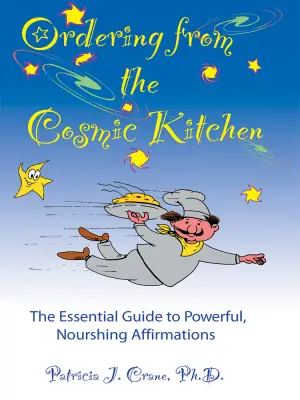I recently finished reading Modern Psychology of Money: The 6-Week Brain Hack That Stops Impulse Spending and Builds Wealth – Without Budgets, Spreadsheets, or Giving Up What You Love, and I have to say, it was an eye-opening experience. As someone who has dabbled in various personal finance strategies, I was intrigued by the book’s neuroscience-based approach to tackling spending habits. I decided to read this book because I’ve always struggled with impulse purchases, particularly during late-night online shopping sessions.
From the outset, what I appreciate most about this book is its straightforwardness. Tali Moss dives into why our brains are wired against us when it comes to money, deftly explaining the psychology of spending without resorting to tired old advice like “skip the latte.” Instead, it introduces a six-week plan with daily exercises that take just 15 minutes, which felt manageable and refreshing. It’s clear that Moss understands modern financial struggles, and the book certainly met my expectations based on its description.
One standout feature is the idea of the Neural Reset—a quick exercise to help curb impulse buys when temptation strikes, especially when apps are pushing "limited-time" offers. This specifically resonated with me. I often find myself clicking “buy” at 2 AM, just as described in the book! Furthermore, the Doom Spending Decoder helps identify the triggers that lead to overspending, making it much easier to address those habits systematically.
However, I did notice a few limitations. While the insights shared are backed by scientific rationale, some readers might find the exercises too simplistic or not as impactful after a certain point. For instance, Angela Clara’s review emphasized the practicality of the book’s approach but cautioned that traditional methods may clash with the homegrown strategies introduced. That’s an important point; while this book is not revolutionary in the sense of completely upending financial advice, it offers a novel way to rewire one’s thinking.
Another drawback is that the book might not resonate with those who excel at sticking to traditional budgeting methods. It’s clearly not aimed at “spreadsheet lovers,” as Moss declares, which could limit its audience. However, if you’ve found budgeting apps and plans constricting, this book might just be the relief you need. I appreciated the refreshingly modern take on money management, but some might feel it lacks depth in certain sections.
In addition, while Moss’s humor and sharp style kept me engaged throughout, I found that some might perceive the tone as a bit irreverent or casual. This could work for some readers who appreciate a friendly conversational tone, while others might prefer a more traditional, academic approach to financial literacy.
In conclusion, Modern Psychology of Money offered me insightful tools to tackle my financial habits that I hadn’t considered before. The approach to rewiring one’s mindset around money felt empowering, and I genuinely appreciate how it shifted my thinking away from shame and blame. I would recommend this book to anyone who has previously struggled with impulse spending and is seeking practical solutions without the demands of complex budgeting.
If you’re ready to start a journey toward financial relief and mindset transformation, I highly encourage you to give this book a chance. It costs less than that late-night impulse buy you’ll probably regret, but this investment promises dividends in your financial future. Overall, I’d rate it 4.5 stars—a practical, enjoyable read that equips you to reclaim your financial wellness.








